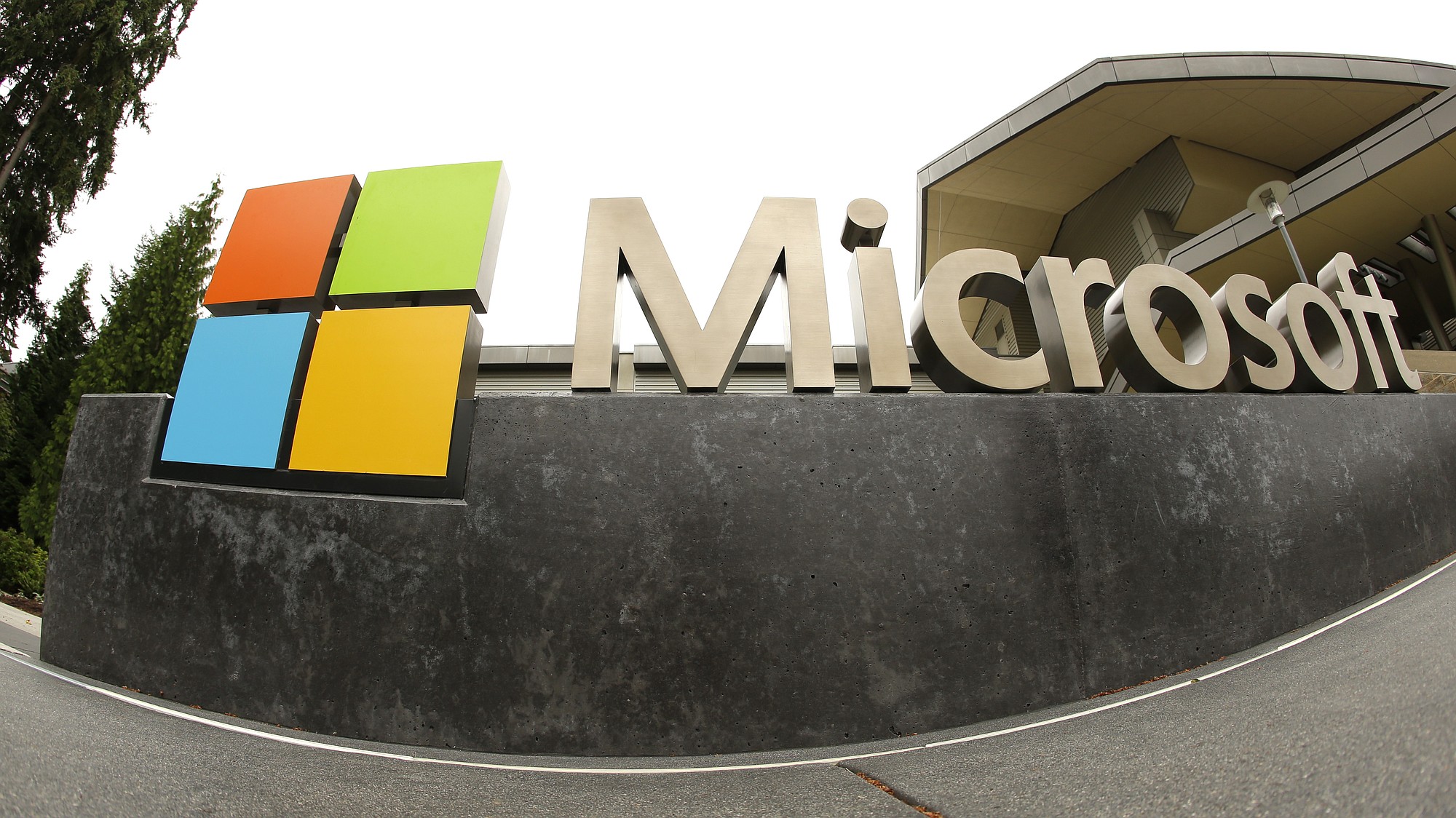BEIJING — China’s anti-monopoly agency announced an investigation Tuesday of Microsoft Corp., stepping up regulatory pressure on foreign technology companies.
The State Administration for Industry and Commerce said it opened a case in June after complaints Microsoft improperly failed to publish all documentation for its Windows operating system and Office software. It said investigators visited Microsoft’s China headquarters in Beijing and branches in Shanghai, Guangzhou and Chengdu in southwestern China this week.
“The administration believes the previous investigation cannot eliminate that Microsoft engaged in monopolistic behavior,” the agency said on its website. “The administration has launched an investigation of Microsoft’s monopolistic behavior.”
Microsoft, in a prepared statement, said it aims “to build products that deliver the features, security and reliability customers expect, and we will address any concerns the government may have.”
Foreign technology suppliers face growing pressure from Chinese regulators, who have launched anti-monopoly investigations and announced plans to examine products for security flaws.
China relies heavily on foreign software and communications technology. Communist leaders have expressed frustration about the high cost of foreign know-how and have invested billions of dollars to develop their own phone, encryption, software and other technology industries.
Chinese state media have stepped up criticism of foreign technology companies following disclosures by former National Security Agency contractor Edward Snowden about their possible cooperation with U.S. government surveillance.
In a separate case, state media said last week regulators have concluded Qualcomm Inc., a San Diego, Calif.-based maker of chip sets for mobile phones, has a monopoly. The reports gave no indication what penalties or demands for changes in its business practices might be demanded.
Beijing has tried to compel foreign suppliers to disclose how encryption and other security technology work but backed down after complaints by the United States and other trading partners.
The government also is stepping up scrutiny of foreign companies and has cited its 2008 anti-monopoly law in ordering changes to acquisitions or business practices.
In June, the world’s three biggest container shipping operators — Denmark’s A.P. Moller-Maersk and MSC Mediterranean Shipping Co. SA and CMA CGM of France — scrapped a plan to create an alliance after Chinese market regulators objected.



